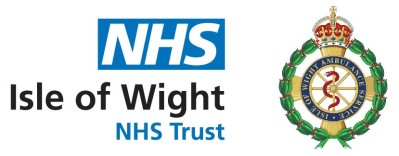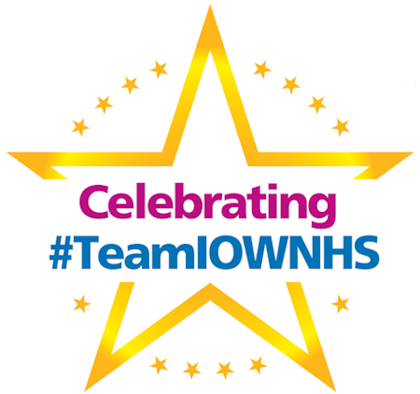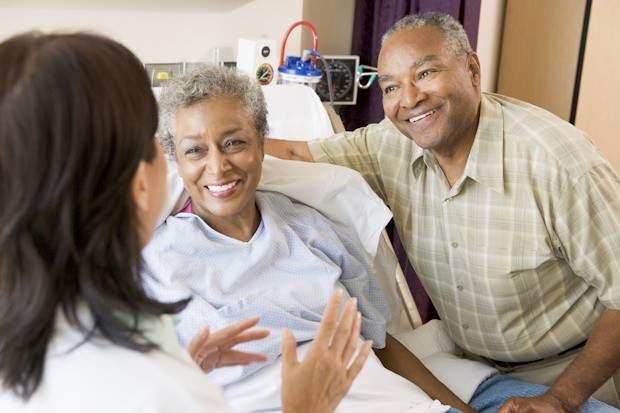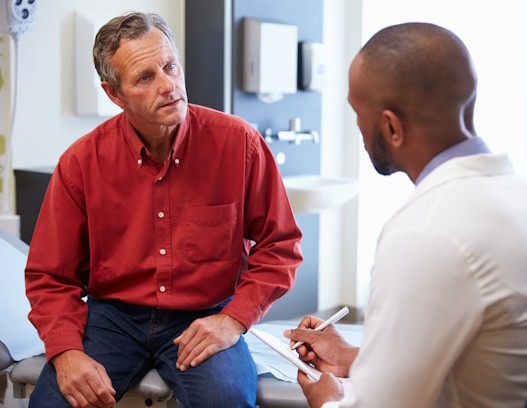Our pathology service (the study of disease) on the Isle of Wight consists of multiple laboratories accredited to ISO15189 by the United Kingdom Accreditation Service (UKAS). These include Cellular Pathology (UKAS Laboratory Number: 8954 ISO15189:2012), Blood Sciences (UKAS Laboratory Number: 9437 ISO15189:2012), Microbiology (UKAS Laboratory Number: 9843 ISO15189:2022) and their schedules of accreditation are found on the UKAS website.
We provide a range of diagnostic services to include clinical microbiology, blood transfusion, blood science (comprising biochemistry and haematology), and cellular pathology (encompassing our human tissue authority accredited mortuary) to help get information about your health to aid in diagnosis, treatment, and prevention of disease.
Our team of over 130 staff members consists of dedicated consultants who provide extensive clinical and interpretative advice. Whilst clinical and biomedical scientists and additional support staff, provide analytical, interpretive, and advisory services across our network of laboratories. Many of our laboratories operate 24-hours a day, every day of the year, with clinical or scientific advice being available at all times.
Blood tests
If you need a blood test, your GP or other healthcare provider will tell you how to arrange it. You may have to make an appointment at your GP surgery or health centre, or at our hospital's phlebotomy clinic.
If you are having a blood test as part of your hospital outpatient appointment, please visit our blood tests page for further information.
Other samples
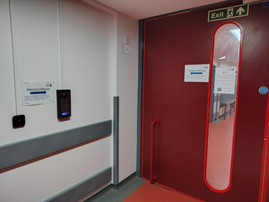
Occasionally, a request form and specimen container may be provided for you to sort a sample, such as urine, at a later date. Generally, you should return this to your requesting clinician, for example, your GP, but on some occasions, for convenience or necessity, you may be required to bring it into the hospital yourself.
For this you will need to visit the Pathology Department at St Mary’s Hospital. There is an intercom function on the wall by the locked door that you will need to ring. Someone will then answer and come and meet you to collect your sample. They will then check that it has an appropriate request from and that there is sufficient labelling on both the request form and specimen container. If there are any errors, the sample maybe refused so please ensure details are correct before travelling.
Results
Your results are sent to the service that requested the test e.g. hospital clinic, GP surgery.
The time taken to do laboratory tests varies depending on the nature of the same, for example, some blood test will be available within an hour whilst some skin biopsies may take a few months. Please follow your healthcare provider’s advice on when to expect your results.
The expected availability of results will vary based on many factors and a one rule for all approach is not possible with the dynamic nature of pathology testing. The table below shows the average timeline estimates for each discipline’s most common samples to provide.
| Discipline | Sample type | Average turnaround time |
|---|---|---|
| Cellular pathology |
Routine histology e.g. skin biopsy |
14 days |
| Blood sciences | Full blood count | 24 hours |
| Microbiology | MRSA | 48 hours |
| Blood transfusion | Group, antibody screen and save | 24 hours |
Availability of advisory services
Many of our consultants here whether from cellular pathology, microbiology or haematology are available to provide clinical advice where necessary and can be contacted via switchboard.
Please see individual laboratory discipline pages for further information.
Our team
Nicola Cooper, Operational Manager for Diagnostics
Peter Stockman, Head of Blood Sciences
Helen Tasker, Cellular Pathology Laboratory Manager
Keith Thomas, Microbiology Head of Service
Emily White, Transfusion Laboratory Manager
James Bonnick, Pathology Quality, Risk, Governance and Health & Safety Manager
Mollie Kimber, Pathology Service Manager
We recommend contacting your requesting clinician with questions as they are best placed to answer.
Please note that patients are unable to obtain results directly from the laboratory. Should you still wish to contact our Pathology Department, please use this email address: iownt.
If a patient, relative, or carer, has a concern about a situation they feel needs to be addressed, our pathology staff will aim to resolve this locally in the first instance.
If staff are unable to manage the issues to the complainant's satisfaction, then it will be escalated to the head of service as per the trust’s procedures.
If this does not resolve the issue to their satisfaction, please contact our Patient Advice and Liaison Service (PALS).
Our laboratory also welcomes positive and negative feedback from users, and this can be made via the annual survey or via direct contact with the pathology quality manager or head of service.
Biochemistry / haematology
Core working hours are 8am to 8pm Monday to Friday
(analytical out of hours service at all other times)
Blood transfusion
Core working hours are 8am to 8pm Monday to Friday
(out of hours service at all other times)
Medical microbiology
Core working hours are 9am to 5:30pm Monday to Friday and 9am to 5pm Saturday, Sunday, and bank holidays.
Cellular pathology
Core working hours are 9am to 5:30pm Monday to Friday
Mortuary
Core working hours are 8:30am to 4pm Monday to Friday
(on-call arrangements at other times)
When a patient is required to undergo a procedure, whether it is for a blood test or operation, consent is required.
Consent can be given:
- verbally, for example, a person saying they're happy to have an X-ray
- in writing, for example, signing a consent form for surgery
- someone could also give non-verbal consent, providing they understand the treatment or examination about to take place, for example, holding out an arm for a blood test
Consent should be given to the healthcare professional responsible for the person's treatment.
This could be a:
- nurse arranging a blood test
- GP prescribing new medication
- surgeon planning an operation
- if someone's going to have a major procedure, such as an operation, their consent should be secured well in advance, so they have plenty of time to understand the procedure and ask questions.
If they change their mind at any point before the procedure, they're entitled to withdraw their previous consent.
Consent from children and young people:
If they are able to, consent is usually given by patients themselves, but someone with parental responsibility may need to give consent for a child up to the age of 16 to have treatment.
Our Pathology department and the contained laboratories, Blood Sciences, Microbiology and Cellular Pathology are accredited to ISO15189:2022 and Human Tissue Authority (HTA) standards.
Within our Pathology department there are hazards, risks, sensitive information and biological material. It is important that anyone visiting our department understands the requirements we enforce, to ensure that everyone’s safety and welfare is not compromised.
All visitors and contractors must sign in and our of our visitor logbook. This helps us know who is in the lab in case of an emergency and ensures everyone evacuates safely. Signing in also confirms you have read and agreed to our safety rules. You will receive a visitor sticker when you sign in, which helps staff identify you and offer assistance if needed.
Our pathology laboratories are located within St Mary’s Hospital on Level C. Please note, there is no reception at this facility and access is restricted to authorised personnel only, with no access for patients.
For security and privacy reasons, entry is controlled by key card access. This ensures a safe environment for staff and protects sensitive information, equipment, and property. Visitors must use the intercom to request entry and wait for their host to collect them. Upon arrival, visitors will be asked to sign our logbook and declaration.
